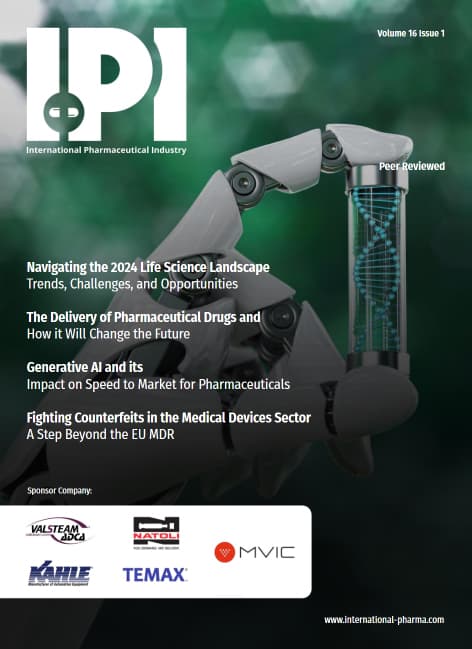Following a positive final recommendation from the National Institute for Health and Care Excellence (NICE), AstraZeneca’s Tagrisso (osimertinib) is now available as an adjuvant treatment option after complete tumour resection in adult patients in England with stage IB-IIIA non-small cell lung cancer (NSCLC) whose tumours have epidermal growth factor (EGFR) exon 19 deletions or exon 21 (L858R) substitution mutations via the Cancer Drugs Fund (CDF).1
The announcement follows the authorisation of a license extension by the Medicines and Healthcare products Regulatory Agency (MHRA) in May for osimertinib as monotherapy in this indication – the first authorisation issued under Project Orbis; a global programme designed to deliver faster patient access to innovative cancer treatments.7 Simultaneously, an agreement was reached with NHS England and NICE to enable early access to osimertinib for patients in England. The NICE recommendation means that patients will continue to be eligible for treatment with osimertinib via the Cancer Drugs Fund.1
Professor Eric Lim, Professor of Thoracic Surgery at The Royal Brompton Hospital, said: “This is a significant milestone in the treatment of lung cancer in England as there remains an urgent need for new personalised therapies even in early-stage disease that have the potential to improve results of established treatments such as surgery. Data show that osimertinib, a well-tolerated treatment, reduces the risk of cancer recurrence or death by 80% in patients with early-stage EGFR mutation-positive non-small-cell lung cancer after a successful operation. It is vital we identify eligible patients with EGFR mutations early in the treatment pathway to ensure they can access this treatment to potentially improve and extend their lives.”
Jenny Abbott, the co-chair of patient organisation EGFR Positive UK, said: “Early diagnosis, coupled with early preventative treatment, is key to improving long-term survival and we welcome this decision, which means that patients diagnosed in England with early-stage lung cancer will now continue to have access to this important potential life-extending treatment.”
Tom Keith-Roach, President, AstraZeneca UK, said: “The Government’s Life Sciences Vision recognises how integral early diagnosis and rapid access to innovative medicines are for improving outcomes for people with cancer, and the chain of events leading to today’s NICE recommendation is testament to this. From the MHRA to NICE and NHS England, we welcome the collaborative engagement that has enabled us to bring the first precision medicine for early-stage lung cancer to patients as quickly as possible.”
Arun Krishna, Head of Oncology, AstraZeneca UK, said: “We are delighted with this positive recommendation which builds on the initial early access authorisation achieved through Project Orbis and reaffirms the role that this potentially life-extending treatment can have for some people with early-stage lung cancer. It’s now critical that everyone with non-small cell lung cancer – no matter what stage of the disease – is tested for the presence of EGFR mutations to determine whether osimertinib could be a potential treatment option.”

























